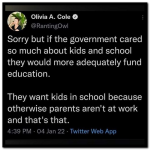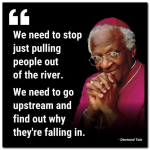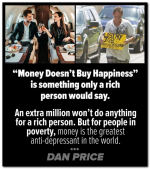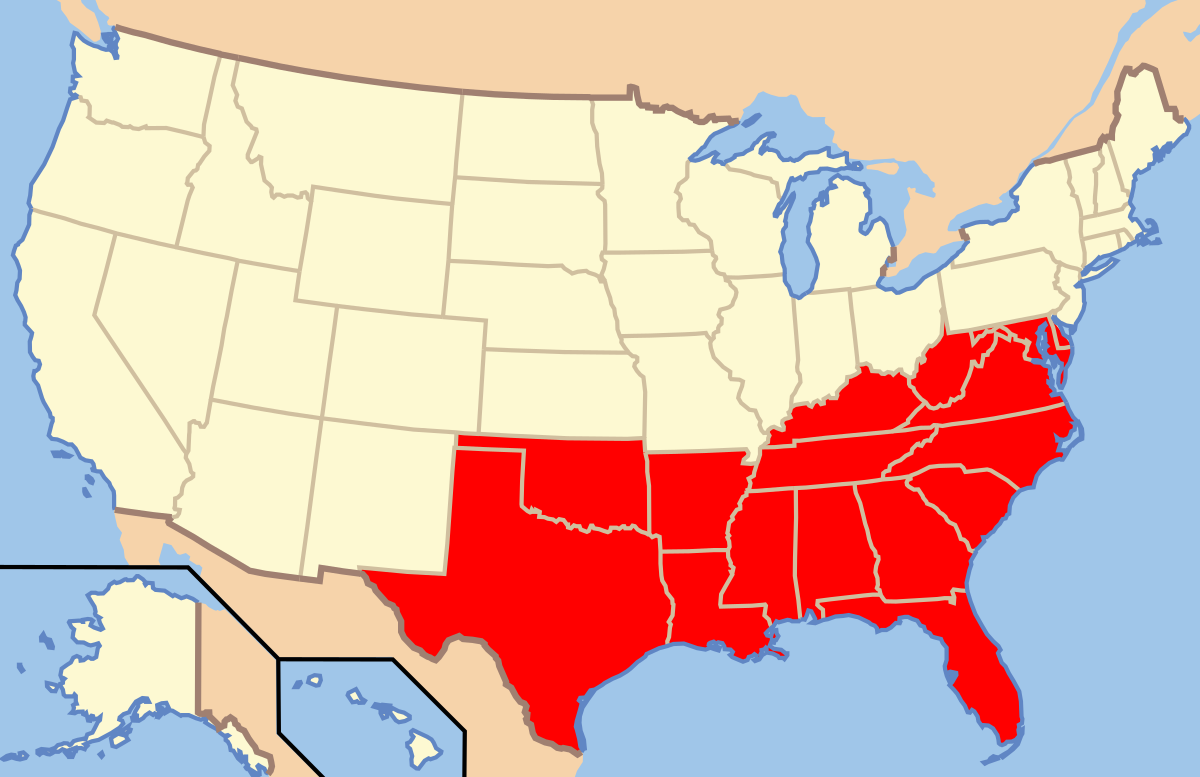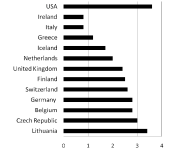- Joined
- Dec 27, 2017
- Messages
- 22,825
- Reaction score
- 25,556
- Location
- Middle of it all
- Gender
- Male
- Political Leaning
- Other
Do you not realize how far out of reach $150.00 in disposable income is to some people? And even if they manage to somehow get it, how do they get to the class? What do they eat while they train? Who watches the kids? Buys the gas? Pays the rent?They remain poor by their own choices.
I'll prove it.....
TIG, Stick, and MIG are the most common welding process that involve either joining base metals with high heat (TIG) or using filler metal (MIG and stick). Since this is a Basic course, expect to pay around $150.Sep 24, 2021
How Much Does Welding School Cost? (Updated In 2021)
https://waterwelders.com › how-much-does-welding-scho
The Poor® could spend $150 for a MIG/TIG welding course and start earning $18/hour to $65/hour depending on where in the US they live, and their wages will increase as they gain experience.
So, why don't they?
Because they choose not to do that.
Should all of The Poor® become welders?
No, but that's no the point.
The point is there are literally 1,000s of job-training opportunities available to them that range from Totally Friggin' 100% Free to low-cost like $150-$300.
If The Poor® refuse to help themselves, then why should I help them?
More to the point, I'm already helping them because those 1,000s of job-training opportunities are courtesy of my tax-dollars.
Instead of wasting your time on forums bleating like a sheep, why don't you go bleat at The Poor® and goad, cajole, shame or whatever you need to do to motivate them to improve their lives?
Your post proves nothing except just how far out of touch you are.


